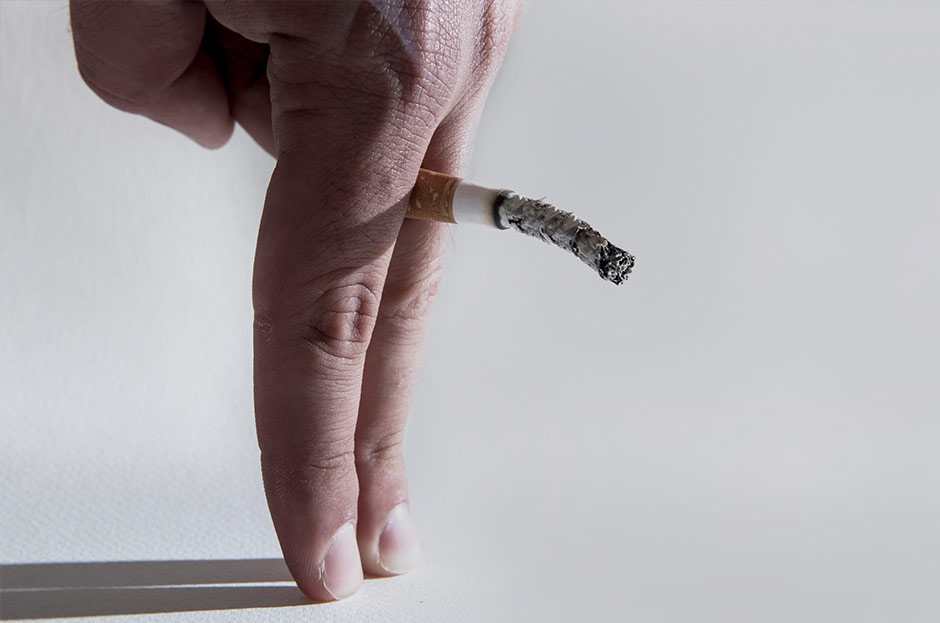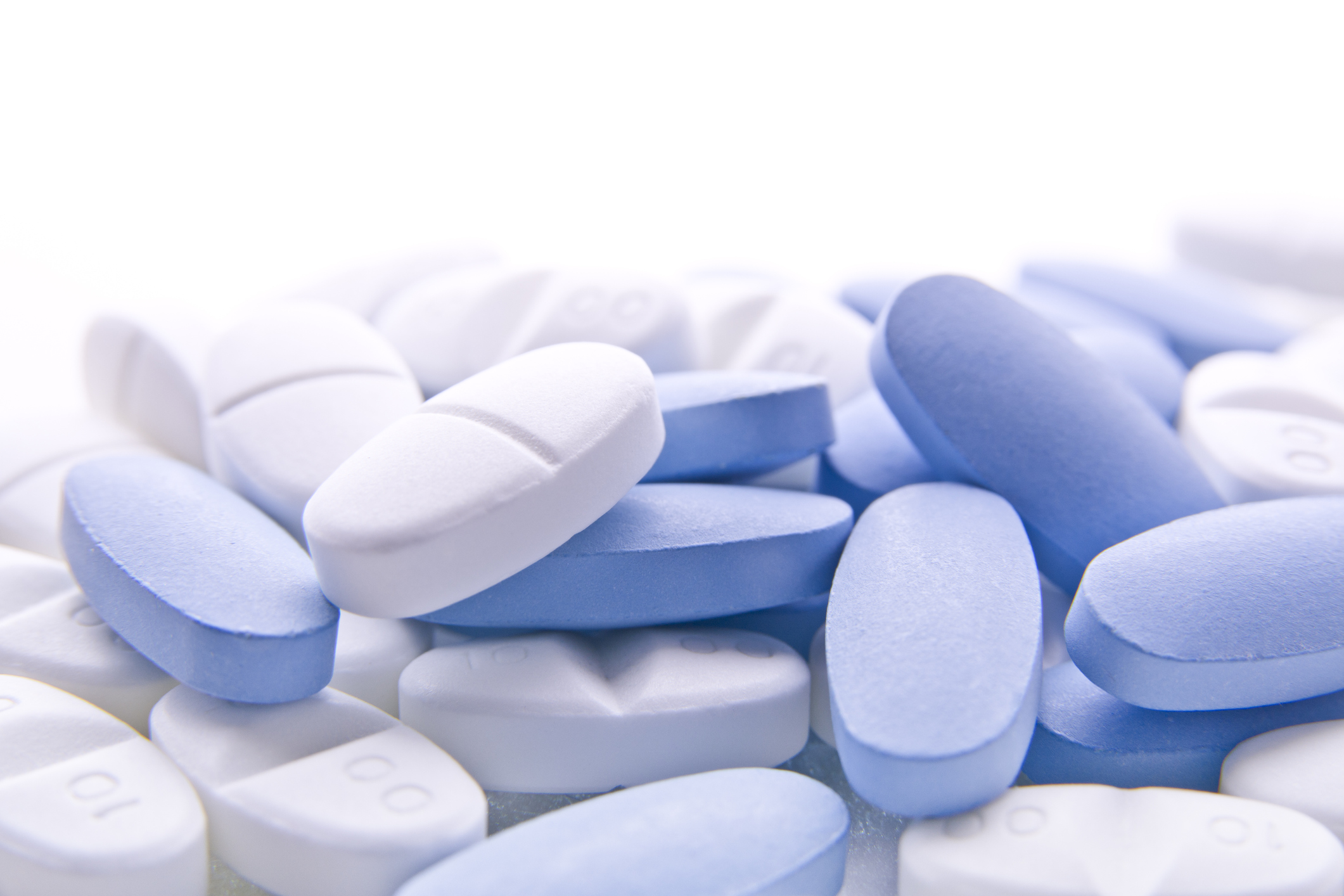Impotence (or erectile dysfunction) is the inability to achieve and sustain an erection firm enough for sexual intercourse. Yes, it is perfectly natural to experience what is known as ‘performance anxiety’ on occasion. But when the issue is frequent and starts affecting your self-confidence, it may be time to consult your doctor.
Impotence can be a sign of much broader health complications. In fact, 30% of men who see their doctors about erectile dysfunction have some form of underlying cardiovascular disease. What is more, it is possible to reverse erectile dysfunction by treating the underlying condition.
It is for both of these reasons that we have provided the below guide. Join us as we explore exactly what causes impotence and how best to eliminate its associated symptoms.
Underlying health conditions
The reason why erectile dysfunction indicates an unhealthy heart is because experts believe it precedes a flaw in the inner lining of the blood vessels (endothelium) and smooth muscle. When the endothelium fails (in what is known as endothelial dysfunction), the blood flow to the heart is affected. This subsequently impacts the blood flow to the penis.

If you have experienced no physical trauma, and impotence has occurred almost overnight, it is worth contacting your doctor. However, for sufferers of high blood pressure or high cholesterol, this is a fairly common side effect of both your affliction and the medicine you may be taking for it.
Blood pressure damages your arteries by thickening them or, in more extreme circumstances, causing them to burst. This again restricts blood flow to your penis, which may then cause erectile dysfunction. Thiazide diuretics and beta-blockers are the usual suspects in terms of medication when it comes to causing impotence, though they do not have the same impact on everyone.
There is no need to worry though. If you were to raise erectile dysfunction as a concern with your doctor, they should be able to change your dose or provide an alternate medicine to help prevent the issue. If it is high blood pressure that is causing the issue, then changes to your lifestyle (such as diet and exercise) will be the most effective strategy moving forward.
Unhealthy behaviours
Speaking of lifestyle choices, obesity can prevent you from achieving an erection. Erections occur when blood vessels leading to the penis dilate, causing it to fill with blood. Therefore, anything that damages the blood vessels can potentially interfere with this process and result in impotence.

Obesity does indeed damage the blood vessels as a result of associated hypertension, diabetes mellitus, hypercholesterolemia and inflammation. Diabetes , in particular, is a leading cause of impotence, with more than 50% of men with diabetes suffering from the condition. And if you are obese, you are three times more likely to develop diabetes.
Alcohol is another dangerous path to impotence. Studies have shown that those who are dependent on alcohol have a 70% chance of suffering from sexual problems – the most common of which being erectile dysfunction, premature ejaculation and loss of sexual desire. Even in the short term, pre-intercourse drinking decreases blood flow to your penis, reducing the intensity of your orgasm.
For those who complement their drinking with smoking, you could be further increasing your risk of erectile dysfunction. For men under the age of 40, smoking is the biggest cause of impotence – and men who smoke more than 10 cigarettes a day are at an increased risk.
Poor psychological health
If your erectile dysfunction occurs frequently, but not all the time, it may be that your difficulty is rooted in emotional trauma. Anxiety and depression both impact your sex life.
5% of Americans suffer from depression, and 70% of men who face depression without treatment claim to have problems with their libido. The issue is that sexual desire is formed in the brain and sexual organs rely on a certain balance of chemicals to promote libido and change blood flow. Depression disrupts the balance and therefore makes it difficult to instruct sexual organs to act as they usually would.
Medication can address this balance. However, some antidepressants can also impact your sex life. Remeron and Wellbutrin are two forms of antidepressants that are not typically associated with sexual side effects, so your doctor may suggest these to you if you feel that your current medication is having a negative effect.
To reinforce the benefit of any medication you are taking, try to engage in exercise and maintain a normal sleep pattern. Exercise produces endorphins in the brain, which are chemicals that can challenge negative thinking and build self-worth.
How Medix can help
Our pharmacists appreciate how debilitating erectile dysfunction can be. It is a deeply personal issue that can derail your sexual routine and impact your mental wellbeing.
Not only do we offer a discreet service that delivers medication to your door, but we also offer telephone support on the differences between each medication solution. While we stress that you should not change medication without consulting your doctor, our team is on hand to walk you through the various options available to you.
So get in touch by speaking to a member of the team today. We will do our very best to point you in the direction of erectile dysfunction medication that suits you.






